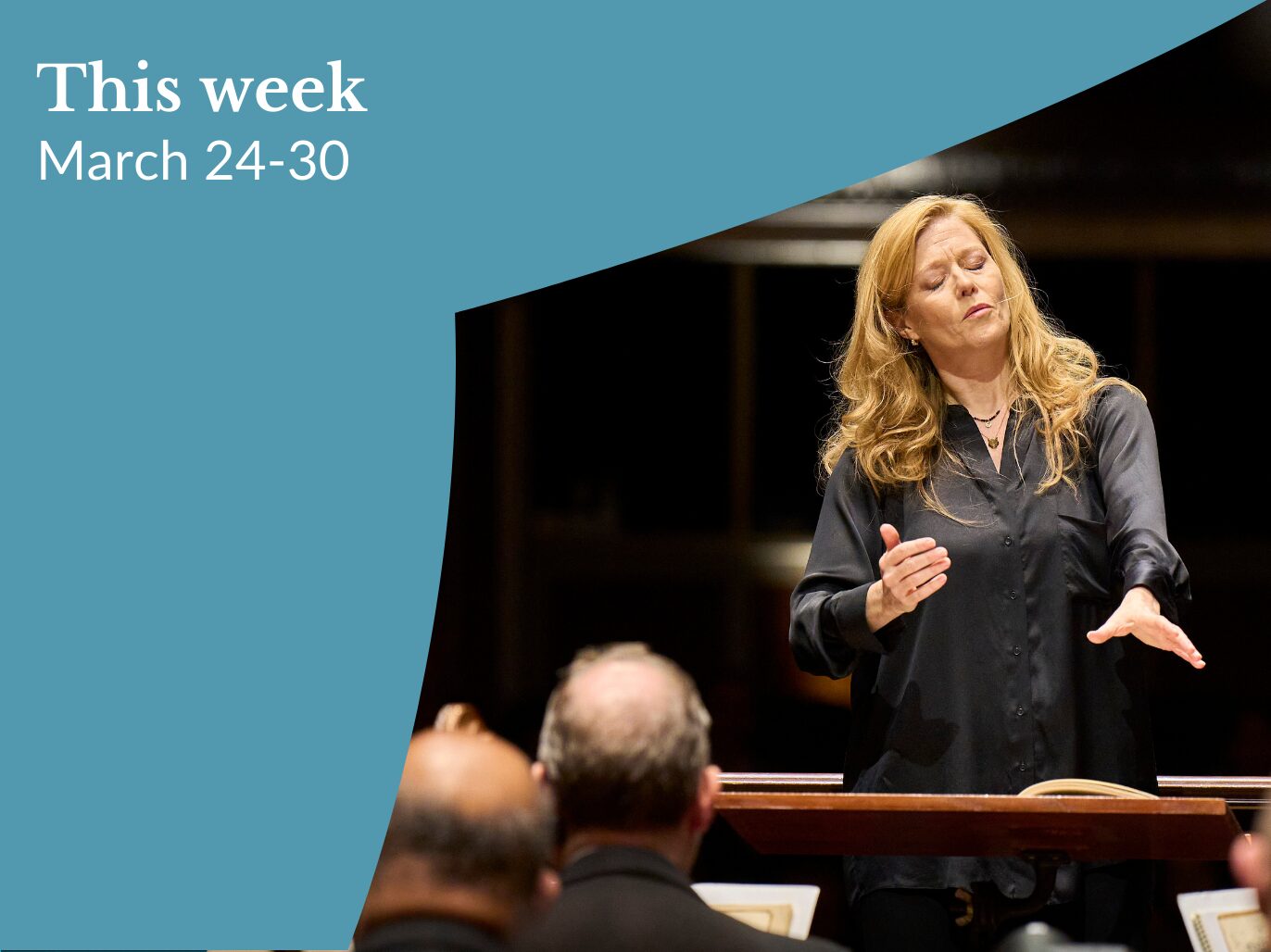As medici.tv’s Chief Content Officer I spend a lot of time thinking about classical music—and a lot of time on the internet. Here’s my selection of the top news items you need to see this week if you want to stay in the know.
View author's page
Reading time estimated : 4 min
Noseda’s NSO contract extended to 2031 (The Washington Post)
Gianandrea Noseda has been music director of the prestigious National Symphony Orchestra since 2017 and on Wednesday it was announced that his contract had been extended an additional four years, which will see the Italian conductor lead the ensemble through their centenary season in 2031. Noseda’s extension comes as a ray of sunshine amidst a challenging period for the arts in Washington D.C., including significant upheaval and turmoil at their home concert hall, the Kennedy Center.
Sir Andras Schiff announces US boycott (Bachtrack)
Hungarian-born British pianist Sir András Schiff is the latest renowned artist to cancel planned concerts in the United States in protest of the political situation under President Trump. In a statement released on Wednesday, Schiff argued: “As artists, we must react to the horrors and injustices of this world… The American people have spoken — and we have heard them. Yes, indeed, there is a ‘new sheriff in town’. Which has made it a very different ‘town’ — one that some of us no longer wish to visit. It is no longer obligatory.” Schiff has performed widely across the country and has withdrawn from scheduled appearances in L.A., Philadelphia, and New York City this season.
Barbara Hannigan awarded the prestigious Polar Prize (Polar Music Prize)
Canadian soprano and conductor Barbara Hannigan was awarded the 2025 Polar Music Prize, which recognizes exceptional musical achievement in any musical genre. The committee highlighted Hannigan’s dynamic stage presence as both a singer and a conductor, as well as her commitment to championing contemporary music. In a fascinating interview marking her win, Hannigan discusses the importance of openness and collaboration when working with orchestras around the world, comparing the challenge to archaeology, as you must unconver things that are otherwise hidden.
New documentary about classical music journalist Clemency Burton-Hill’s recovery from brain haemorrhage (The Guardian)
If you regularly tune in to classical music radio and television coverage, journalist and presenter Clemency Burton-Hill’s name will likely be familiar to you. In 2020, she suffered a sudden, unexpected brain hemorrhage that threw her life into a tailspin. Five years later, the BBC has just released a documentary tracing her recovery and the important role music—particularly the violin—played in helping her navigate this challenging period. As she told The Guardian, “as someone who used to say, “Oh, I couldn’t live without music”, I can say now, given how much it’s helped my recovery, that music can save a life, too.” Readers in the UK can watch the full documentary on the BBC website.

